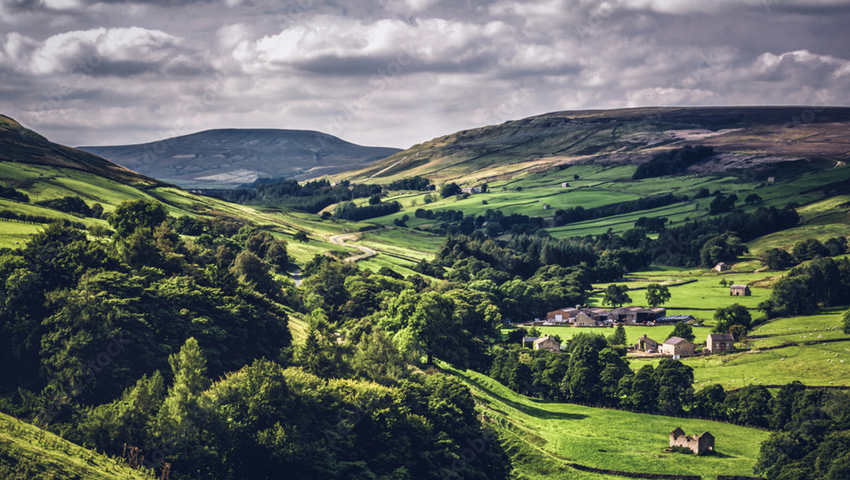CHRIS Smaje’s new book, Saying NO to a Farm-Free Future, is not just a polemic against George Monbiot’s Regenesis, but an essential take-down of the cult of ecomodernism.
In a recent blog, Smaje discusses the way the book’s title is framed. “Wittingly or unwittingly – [Monbiot is] making a play for urbanism, biotech solutionism, state-corporate control of the food system, enclosure and class conflict with rural and agrarian people, while presenting all this as progressive, humane, democratic and pro-social. I think this demands negation.
“For those of us who notice and feel this contradiction in his writing, I think it’s necessary just to say no. No to Monbiot’s analysis. No to the way it veils social contradictions that must be brought to light.”
Smaje says that “Monbiot’s farm-free vision is another iteration of ecomodernism’s efforts to find high-tech, high-energy, high-capital solutions to contemporary global problems that rescue the status quo. But I believe they’re unlikely to succeed, and risk wasting time and resources we can ill afford.
“Saying no to the pursuit of implausible techno-fixes implies saying yes to the least worst alternative of a small farm future. Getting to that ‘yes’ from that ‘no’ establishes the case for a small farm future – not as some vapid ideological desire, some ‘bucolic romanticism’, but as a pragmatic, clear-headed, real-world, best-option response to present problems.”
In the recent Farm Gate podcast to promote the book, Smaje talks about his disappointment that Monbiot has turned away from agroecology and towards advocating high-energy, high-tech and corporate-owned solutions for humanity. “There’s kind of an irony in that he and I originally engaged with each other positively around a critique of ecomodernism. I’m not sure that he’s ever explicitly embraced ecomodernism (because it has a certain constellation of thinkers and think tanks), but his writing has become more and more indistinguishable from it.”
Certainly there’s little doubt about where Monbiot stands. In his blog, Smaje cites lines from Regenesis which illustrate Monbiot’s position – for example, the problem with intensive agriculture “is not the adjective. It’s the noun.”
Throughout Regenesis, Monbiot sets out his view that emerging technologies of microbial food synthesis represent “the beginning of the end of most agriculture.” That this “Counter-Agricultural Revolution,” “appears to possess an inexorable economic logic.” Monbiot says that “Real solutions to our global food crises…inevitably involve factories”, while dismissing agroecological thinking as “an idyllic reverie that would lead us to the twin disaster of agricultural sprawl and world hunger.”
Perhaps most tellingly, Smaje notes that “Monbiot has fronted the Reboot Food campaign sponsored by an organization, RePlanet, with visions to rewild three-quarters of the world’s farmland, produce all of humanity’s protein needs on an area the size of Greater London and locate 90% of the population in cities.”
Smaje says that “Unless Monbiot and the reboot food ecomodernists repudiate these positions I’m going to continue to label them as advocates for a farm-free future.”
You can order Saying NO to a farm-free future here
You can listen to the Farm Gate podcast with Smaje here
